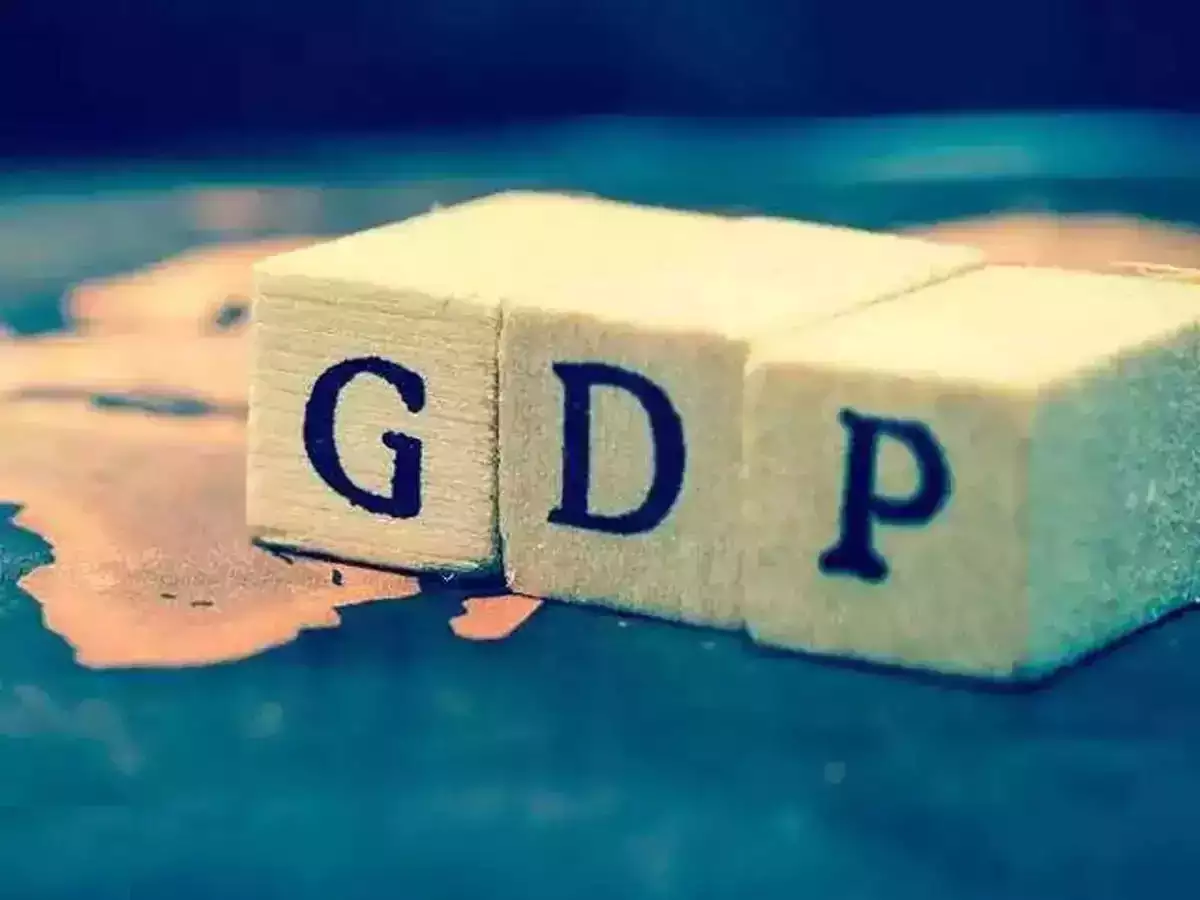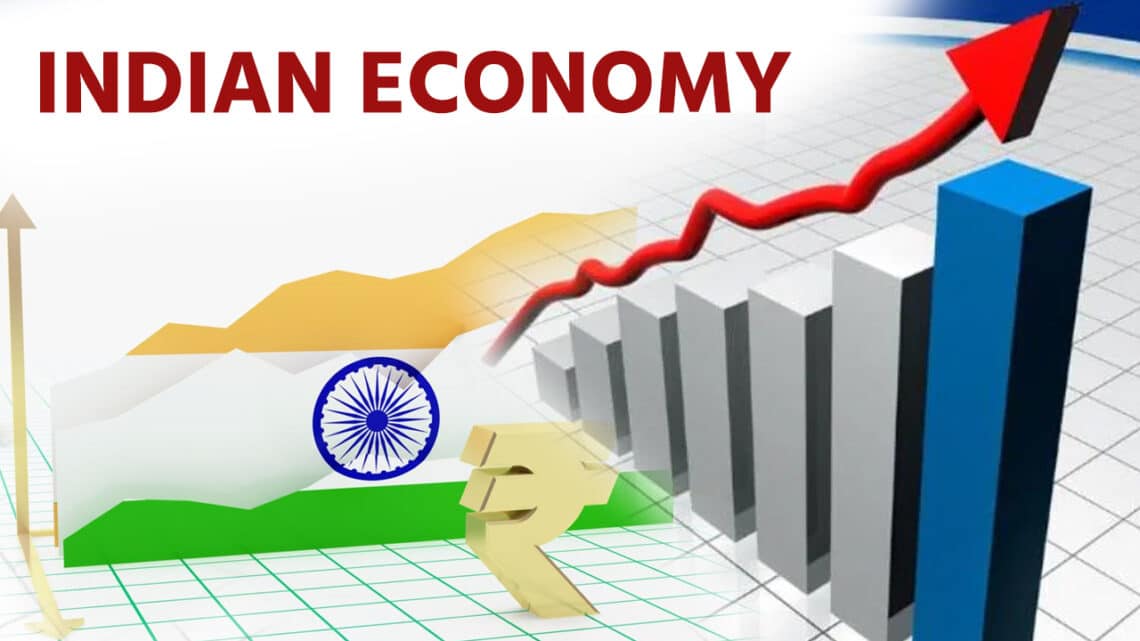The National Council of Applied Economic Research (NCAER) said that India’s economy is likely to grow 8.4-10.1 percent this financial year.
“We estimate that gross domestic product (GDP) will grow 11.5 percent in Q1 (first quarter) and 8.4-10.1 percent for the whole year 2021–22.
However, these high growth rates are also a reflection of the strong base effect since 2021-22:Q1 follows the very steep decline in 2020-21:Q1.
At the end of 2021-22 GDP, on constant prices, would still be about the same as Rs 146 trillion (Rs 146 lakh crore) as in 2019-20,” the NCAER said in a statement.
In its quarterly review of the economy, the NCAER pitched for fiscal support to push economic growth in India as opposed to the 7.3 percent in the last fiscal.

“The fiscal deficit is being reduced sharply from 9.2% of GDP in FY21 to 7.2% in FY22. This premature fiscal compression is quite inexplicable since there is little risk of an elevated level of sovereign debt, which is mostly domestic anyway, becoming unsustainable.
This unfortunate premature fiscal compression will further extend the period of disruption before the economy can return to normal growth,” The Delhi-based research organization said.
Ultra-high frequency data show that the Indian economy began regaining its momentum this month after a sharp decline in April-May and is on the path to recovery.

Asia’s third-largest economy suffered from the aftermath of the second wave of Covid-19 as it slowed the already disrupted by the first wave.
NCAER called for an expansionary fiscal policy to put the economy on a sustainable growth path. “High-frequency indicators show a sharp decline in economic activity during April and May, the peak of the second covid–19 wave.
There are some indicators of recovery in June as unlocking proceeds. Export growth is projected to remain buoyant with a recovery in the global economy.
This, combined with expansionary macroeconomic policies, could help accelerate growth recovery,” the quarterly review read.
The think-tank added that “unfortunately, an inexplicably contractionary fiscal policy” in FY21, sharply reducing the deficit, will delay recovery.
“An accommodating expansionary monetary policy has also become challenging because of rising inflationary pressures, but growth recovery is still the priority for RBI.”
According to the three data trackers by research agencies, June 13 ended the third consecutive week in which economic activity sequentially gained momentum.
These research agencies use a range of data available on a daily or weekly basis.
Also Read: Activists Strongly Urge The Center To Accept NEERI’s Advice To Reevaluate The Draft Of EIA 2020












